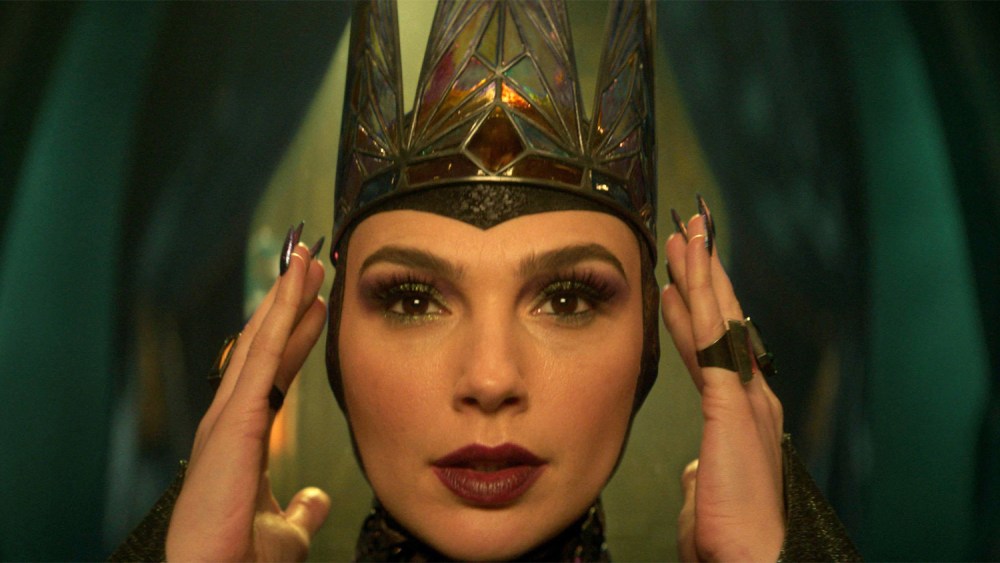Lebanon Bans Disney’s ‘Snow White’ Over Gal Gadot’s Role
Background of the Ban
Disney’s latest live-action adaptation of “Snow White” has been prohibited from screening in Lebanon. This action stems from the casting of Israeli actress Gal Gadot, who portrays the Evil Queen in the film. The decision was made by Lebanon’s Interior Minister Ahmad Al-Hajjar, following recommendations from the country’s media regulatory body.
Reasons Behind the Decision
The ban is reportedly linked to Lebanon’s ongoing geopolitical tensions, particularly in light of recent military actions involving Hezbollah and Israeli forces, which have resulted in civilian casualties. As tensions rise in the region, local media has highlighted that Gadot has been on Lebanon’s “Israel boycott list” for some time, consistent with their cultural and political stance.
Status of ‘Snow White’ and Other Films
A representative from Italia Films, the distributor managing Disney releases in the Middle East, confirmed that Gadot’s film appearances have consistently been barred from the Lebanese market. Moreover, the distributor clarified that “Snow White” has not faced a similar ban in Kuwait, contrary to earlier reports.
Gal Gadot’s Advocacy and Reactions
Gadot, who was born in Israel and served in its military, has been vocal about her support for Israel, especially in light of escalating violence following the October 7 attacks by Hamas. During her acceptance speech at an event in New York organized by the Anti-Defamation League, she expressed her dismay over the global responses to these events, stating, “Never did I imagine that on the streets of the United States, and different cities around the world, we would see people not condemning Hamas, but celebrating, justifying and cheering on a massacre of Jews.”
Recent Trends in Film Censorship
This ban follows a similar censorship action taken in Lebanon two months prior, when Marvel’s “Captain America: Brave New World” was also prohibited due to the involvement of Israeli actress Shira Haas. Such decisions reflect the ongoing complexities surrounding cultural productions in the context of Middle Eastern politics.


